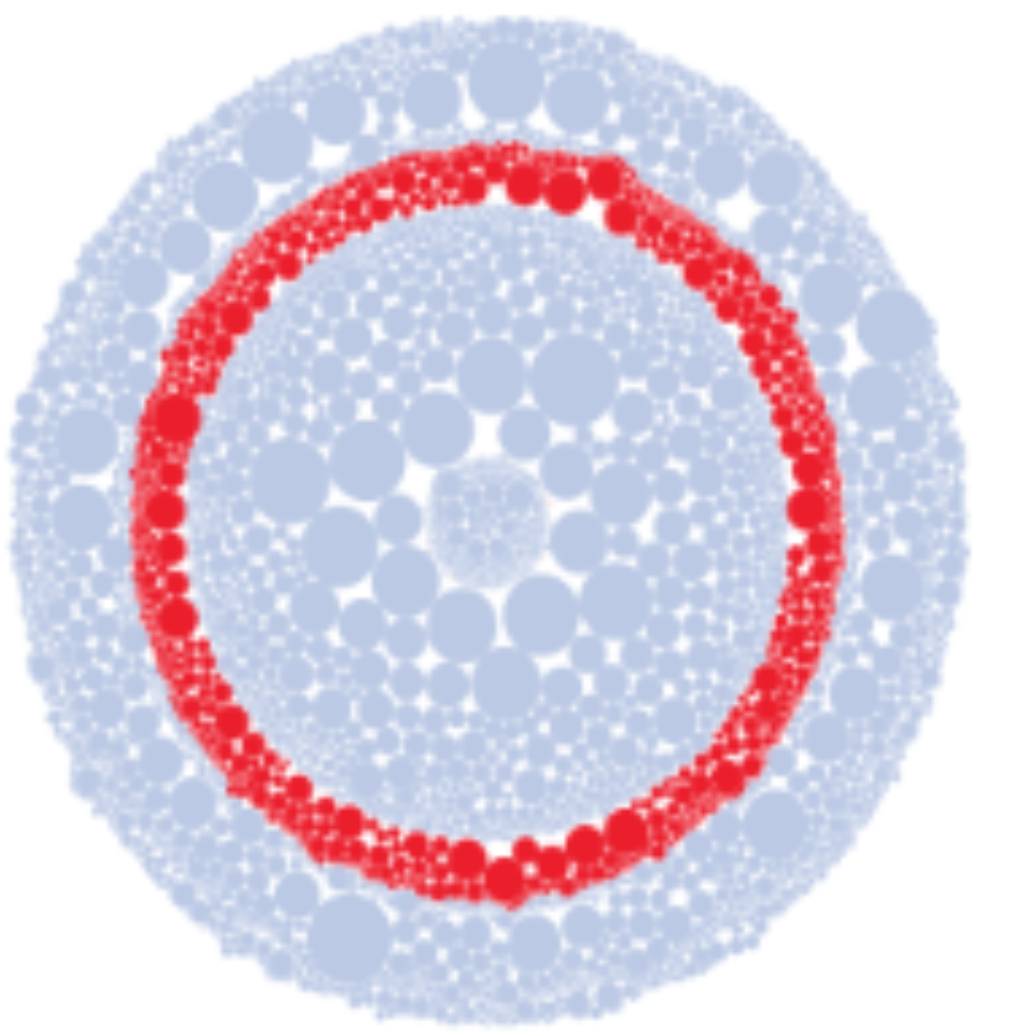Tag: analytics
-
NZIEC 2017: Some reflections on a whirlwind trip to Auckland.
On the flight back to Australia, I got the opportunity to reflect a little on the New Zealand International Education Conference I had just attended in Auckland. Overall, a fun, though slightly tiring, slog across the Tasman. I got to meet a heap of new people in and around the conference and was lucky enough…
-
The Data Game: Building Analytics Capability in International Education
[Originally published by IEAA’s Vista Magazine (Summer 2016/17) — I’d strongly recommend following them online and reading their publications if you’re interested in Australian international education!] Embracing an analytic mindset and capitalising on the technologies in the era of big data are key to reaching Australia’s strategic international education goals, writes Darragh Murray. A tale of prediction…
-
Student mobility, international and the power of data
Too good not to share. Rob Malaki, Director of AIM Overseas (an Australian company specialising in organising short-course programs for higher education students) has put together a very interesting blog on using data and analytics to empower and measure student mobility. It’s a well-written post praising the power of data for empowering good business decisions…
